Master the ACT
Tips and tricks for taking the test
Standardized testing is typically dreaded by students because it tends to feel like a daunting task to sit in a room and test for four hours straight. However, it is important to go into those tests armed with the right attitude and strategies.
The American College Test (ACT) evaluates students’ ability to take tests, and not necessarily whether or not they understand or know the content, so there are a few strategies that will help them succeed. These are some common tips that I have learned through years of taking the test, taking Pre-ACTs and watching YouTube videos by channels such as Best ACT Prep and SupertutorTV.
English
Keep track of the time
For the English section specifically, keeping track of pace is key. There are a total of 75 questions to be answered in 45 minutes. The questions are split between 5 passages. Take about 9 minutes for each passage in order to answer as many questions as possible.
Read everything
The passages in the English section are short enough for students to read the whole thing within the set time. Reading passages fully can students catch the grammatical and organizational errors as they occur, so they can answer the questions as they read.
The shortest answer is typically the correct answer
When it comes to grammar, typically, the simplest answer is the correct one. Never overlook the “No Change” option because oftentimes, that is the simplest answer.
Know what to study
Only study what is needed. Brush up on grammar and punctuation rules via practice tests or YouTube videos. There are plenty of YouTube channels that specialize in helping students study for the ACT.
“Know your commonly confused words,” National Merit Scholar semifinalist Surya Sompali said. “The ‘its,’ the ‘there’s’— words that have a similar pronunciation that you may use similarly but are actually different in spelling. Make sure you know your tenses; those show up a lot.”
Math
Work efficiently
Remember that the ACT does not test a student’s knowledge of solving equations; it tests their ability to take a test, so sometimes properly solving an equation is not the quickest way to find the correct answer. It’s not cheating to use trial and error.
Make educated guesses
Sometimes trial and error is the quickest way to find the answer. Multiple choice answers typically go from A-E from smallest to largest. In order to get the answer quickest, always try the middle number first (answer choice C). Plug it into a calculator, and if that one does not work, determine if it did not work because the number was too large or too small. If it was too small, try answer choice D or E, and if it was too large, try A or B. If the second trial does not work, that leaves only one answer choice left. This process eliminates answer choices faster.
Study the content on the test
The ACT generally does not ask questions about math concepts past Algebra II level. If it has been a while since a student has taken Algebra and Geometry, brush up on those basic skills, concepts and formulas, and if they have not yet taken Algebra II or Geometry, watch videos to start learning the fundamental concepts.
“I would say Geometry is the part that people need to focus on the most,” Sompali said. “Remember how to work with your basic shapes.”
Reading
Skip the first passage
The first passage in the reading section is the hardest passage with the hardest questions, so skip it and come back to it later. Because the ACT does not weigh questions differently based on difficulty, students are more likely to answer more questions correctly if they skip the hard questions, answer the easy ones, then come back and finish the hard questions later.
Answer questions in the following order: definition, line, paragraph and then the main idea
Answering the questions out of order like this helps save time and break down the passage. For the definition questions, one usually only needs to read the sentence the word is in, and maybe the sentence before or after. The line questions require the tester to read a couple of specific lines, and then the same goes for the paragraph questions. By the time the reader gets to the main idea questions, they will most likely have a gist of what the passage is about without having to really read the entire passage.
Look for big ideas
For those who are fast readers, reading the whole passage is likely beneficial. Even when just skimming the passage, it is important to know what to look for.
“I normally look for: What’s the main message? What are some very significant details that may be asked about?” Sompali said.
Science
Only read what is needed
The science section of the ACT is notorious for giving lots of unnecessary information meant to confuse the test taker. Try to focus on what the question is asking without getting confused by any of the complex scientific languages.
“Science is a little different from an analytical standpoint,” Sompali said. “I pay more attention to the numbers and the basic meaning rather than going further in-depth
Try not to get fatigued
Some say that the science section is the easiest because it requires the least amount of background knowledge. Rarely does the ACT ask questions about scientific processes. Most of the questions are application-based, testing students mostly on their ability to read and interpret graphs and data. However, by the time students get to the science section, their brains are worn out, so they make clumsy mistakes. Students can pace themselves throughout the other test sections in order to minimize mistakes in the science section. This will also come naturally with taking practice tests and taking the test multiple times, as it helps build mental endurance, which leads to a higher score.w
Overall
Practice makes for improvement, even when it comes to test-taking. Most students improve their ACT scores each time they retake the test. Do not be discouraged by poor scores on the first try. Find out what needs the most improvement, and focus on that for when the next test rolls around. Linked below are resources made to help students achieve their standardized testing goals:
Best ACT Prep: https://youtube.com/c/BestACTPreporgChampaign
Supertutor TV: https://youtube.com/c/SupertutorTV
Free ACT Practice Tests: https://testprep.act-et.org/
ACT Test Prep Courses and Booklets: https://www.act.org/content/act/en/products-and-services/the-act/test-preparation.html










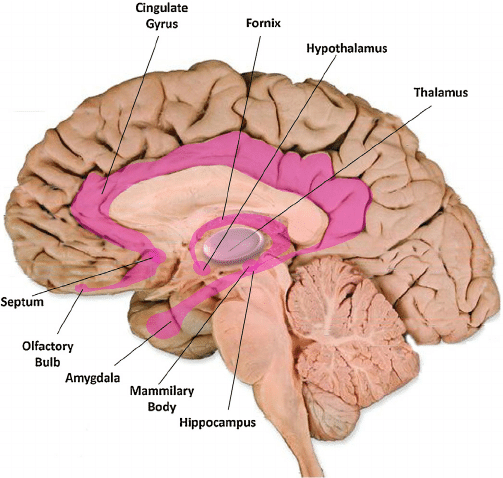






![Orchestra teacher Mieloch is seen directing the orchestra. Mieloch has been teaching for 14 years and is passionate about music.
“Ever since eighth grade I wanted to be a conductor,” Mieloch said. “When I got into high school, I had a couple of really great teachers that made me want to be a teacher and I felt like ‘let’s put them together,’ and I [became] an orchestra teacher.”](https://fzwnews.com/wp-content/uploads/2023/11/kUyj9QUMZeOPBGTDD833b9WDk7Yvt7yppa5Htzqv-800x1200.jpg)
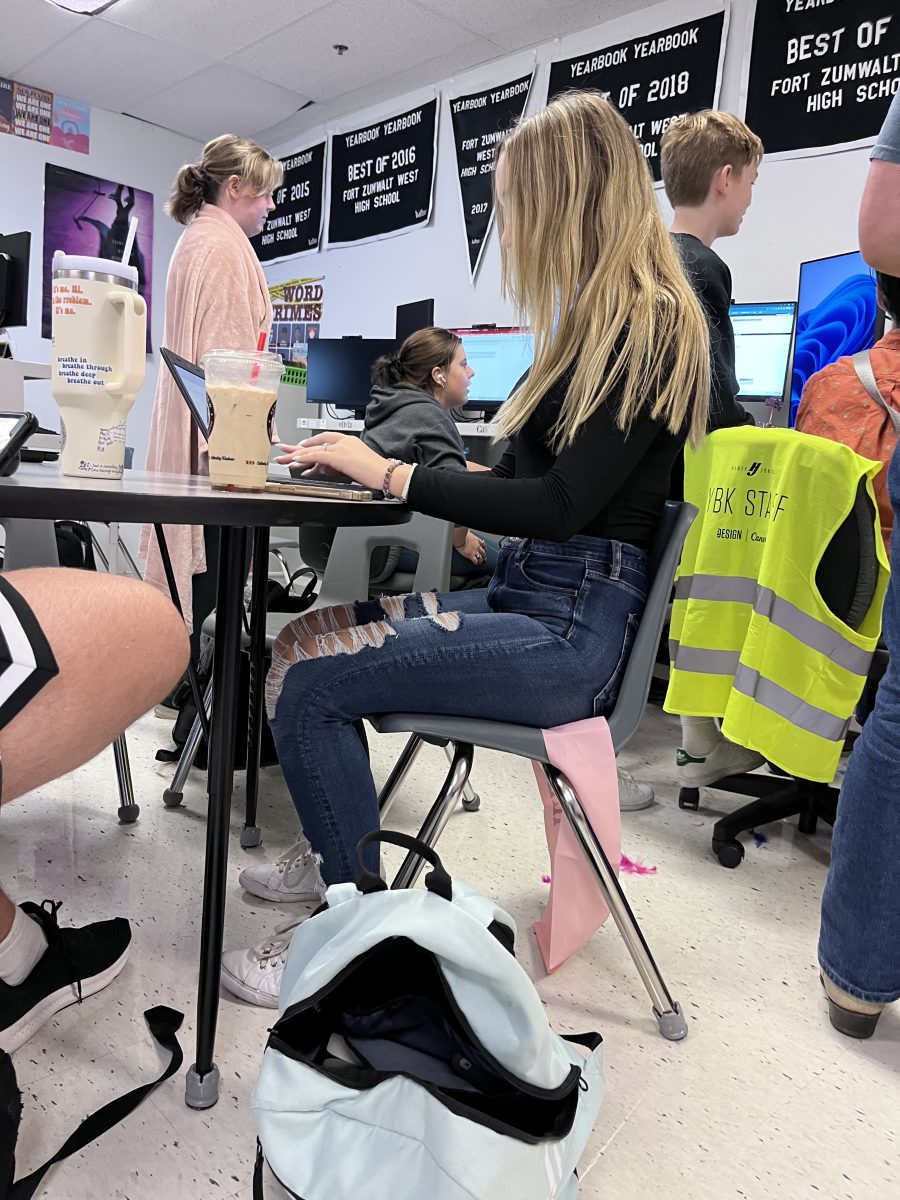




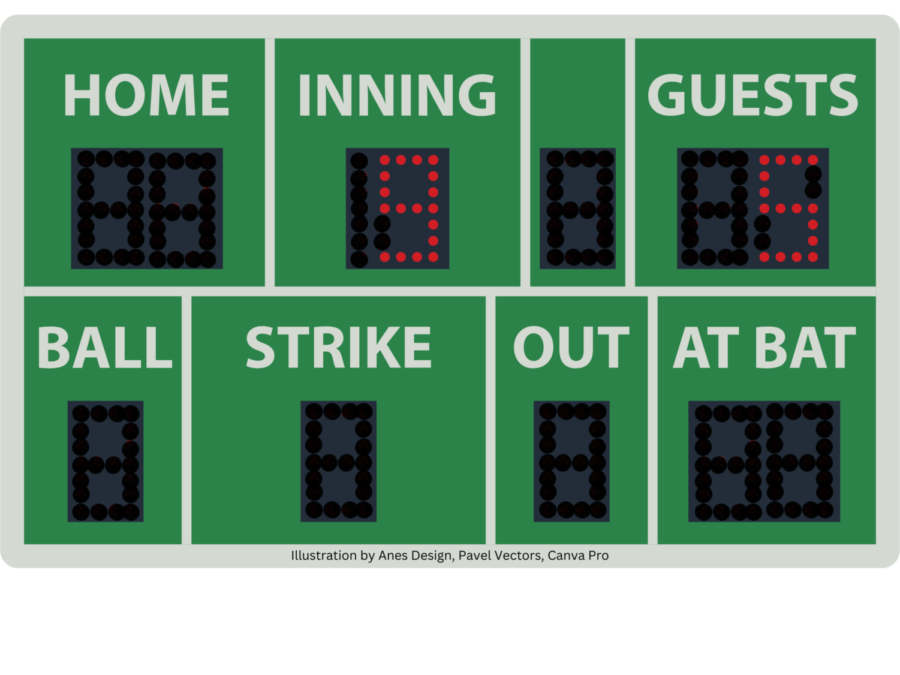



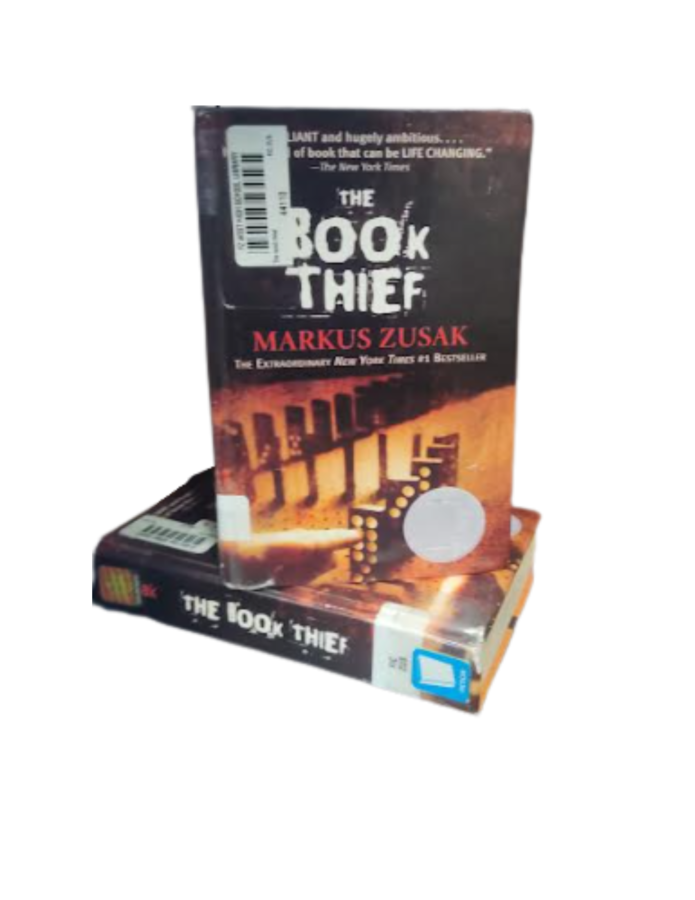






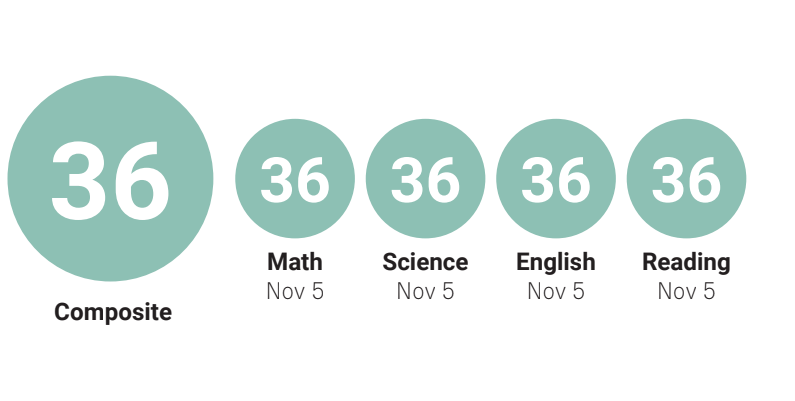


![Orchestra teacher Mieloch is seen directing the orchestra. Mieloch has been teaching for 14 years and is passionate about music.
“Ever since eighth grade I wanted to be a conductor,” Mieloch said. “When I got into high school, I had a couple of really great teachers that made me want to be a teacher and I felt like ‘let’s put them together,’ and I [became] an orchestra teacher.”](https://fzwnews.com/wp-content/uploads/2023/11/kUyj9QUMZeOPBGTDD833b9WDk7Yvt7yppa5Htzqv-400x600.jpg)
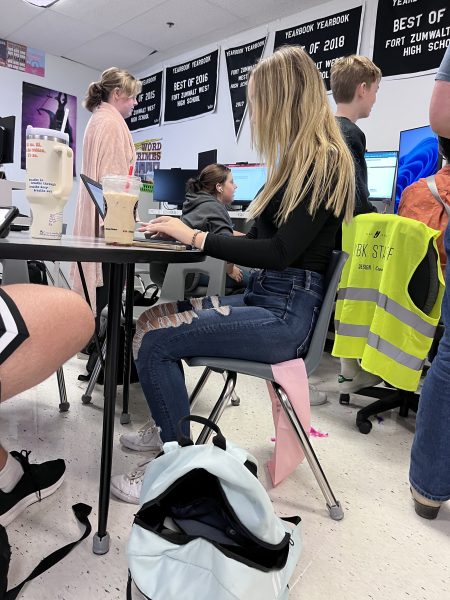



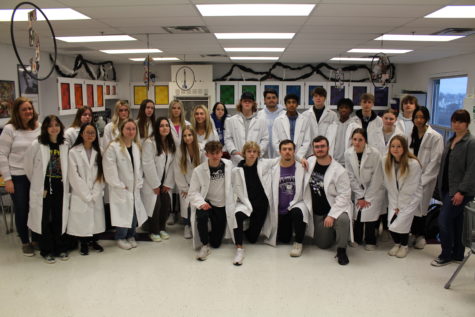

![Color guard members goofing around during a football game. The band stays at the game after their performance to hype up the sections and bring some positivity to the game.
“[There are] people around me that support and understand [me],” freshman Gray Rosemann said (middle).](https://fzwnews.com/wp-content/uploads/2022/12/SFs3feEAXqnynayWEQZkQhYZlYagujGChkvoptjT-475x456.jpg)